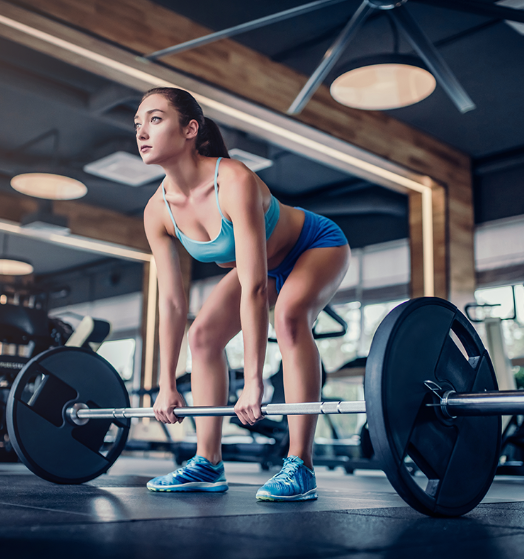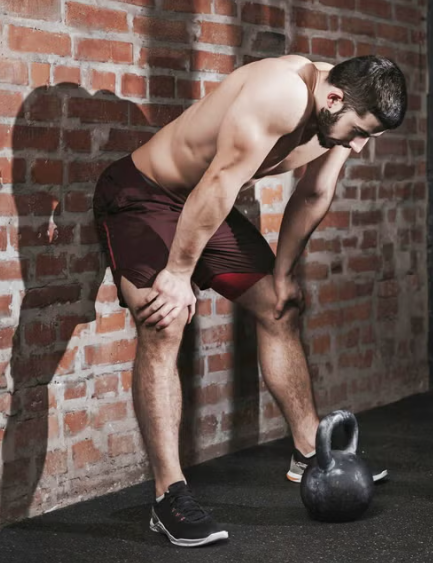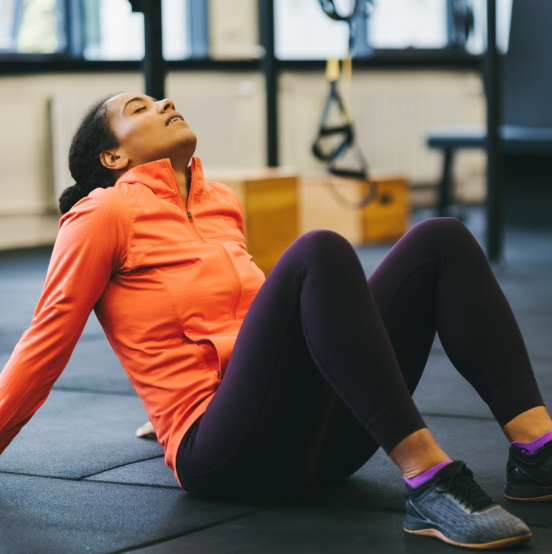
The Health Benefits of Squats and Deadlifts
Squats and deadlifts are essential exercises that I believe everyone should incorporate into their weekly routine. While these movements don’t necessarily require you to load up a barbell with heavy weights right away, they should still form the core of your training. I’ve developed a specific assessment to determine where individuals stand on the fitness spectrum, and if a person isn’t yet able to squat with a bar on their back or lift weights off the floor, the goal is to help them work up to that level.
Although there are many ways to build strength and improve health in the gym, I believe none are as beneficial as squats and deadlifts. Why? Because of how they directly combat the negative effects of our modern lifestyle.
These days, most people spend their time sitting—whether at a desk, on a couch, or even while staring at their phones. We’re all familiar with the dangers of prolonged sitting, with some even claiming that it’s worse for our health than smoking. While I certainly don’t advocate for smoking, sitting for long periods brings its own set of health problems.
The issue with sitting is that it reduces the need for our muscles to engage against gravity. When we sit all day, gravity does the work for us. Our posture slouches forward, with our head coming forward, shoulders rolling inward, and hips flexing. This leads to tightness in the front of the body and weakness in the muscles along the back. On top of this, our bodies aren’t required to stabilize against gravity, which further contributes to this misalignment.
This collapsed posture is considered a safe position for the body, but it’s a position that can lead to serious problems. It’s one reason why many people experience nervous system disorders associated with poor posture. Our muscles should be stabilizing our joints and helping with movement, but for those who sit all day, these muscles are weak or inactive.
In an attempt to fix these problems, people often turn to exercises like biking or crunches at the gym. However, these movements don’t address the underlying issue—they only reinforce poor posture. Most people avoid squats and deadlifts because they’re concerned about injury, especially to the knees and back. But ironically, sitting all day is much worse for both your knees and lower back.
When we sit for long periods, our knee joints stay bent, which leads to a loss of terminal knee extension. This can put excessive pressure on the joint. Meanwhile, the muscles that stabilize the spine are inactive. By incorporating squats and deadlifts into your routine, you can strengthen these stabilizing muscles, protect your spine, and improve joint health—all with proper form, of course.
Squats and deadlifts teach us how to effectively resist gravity, a skill we need in everyday life. The anecdotal evidence is clear: people who get stronger at resisting gravity often report feeling much better. Pain from chronic joint issues decreases, mood improves, and even immune function and digestion can benefit.
When we work against gravity, our breathing patterns often change. Poor posture can limit our ability to take deep, diaphragmatic breaths, which weakens the muscles that stabilize the spine. Not only does this affect our mood, but it can also increase pain and make it more difficult to relax.
Research shows that deep breathing can activate the parasympathetic nervous system, which promotes relaxation and recovery. Without the ability to fully expand the ribs, this process becomes compromised, which can negatively impact our immune system, leaving us more vulnerable to illness.
The spine is a key pathway for nerves that control everything from movement to immune responses. Poor posture affects the function of these nerves, leading to inefficient communication between the brain and body. Over time, this can result in wear and tear on joints and muscles, contributing to chronic pain and movement issues. Studies show that roughly one in three Americans over 50 suffers from chronic back pain, highlighting how widespread the issue is.
Moreover, our nerves are integral to our immune system, helping to regulate inflammation and support defenses against pathogens. Poor posture can interfere with these nerve functions, making us more susceptible to illness, especially during the colder months.
One of the most important nerves in the body, the vagus nerve, travels from the brain to the gut. When this nerve is compressed by poor posture, it can impact both digestion and mood. The vagus nerve controls digestive processes and communicates with the brain. Since 90% of serotonin—the “feel-good” neurotransmitter—is found in the gut, poor gut health can directly contribute to issues like anxiety and depression.
To combat the negative effects of poor posture, we should dedicate time to exercises that help us resist gravity and improve our posture. This doesn’t mean you need to squat and deadlift every day, but incorporating these movements a couple of times a week can do wonders for your body’s overall function.
Squats and deadlifts are particularly effective because they teach us how to stabilize against gravity. In the squat, when you place a barbell on your back, gravity constantly tries to pull you forward. You must stand tall, breathe deeply, and brace your core to push through a full range of motion. This process strengthens your muscles, improves posture, and teaches you how to breathe correctly.
Similarly, deadlifts require you to fight gravity as you lift the bar off the ground, maintaining proper posture and strength. The more you practice these movements, the better you become at resisting gravity and the less likely poor posture will negatively impact your health.
While squats and deadlifts are essential, they don’t mean you can sit for hours without consequences. It’s still important to stay active throughout the day, but these exercises will help you manage the periods of sitting that are often unavoidable.
Other exercises can certainly help improve strength, but squats and deadlifts allow for a higher load, which better prepares you to resist gravity in everyday life. The more weight you use, the better your body becomes at handling the forces of gravity without any added resistance.
If you suffer from chronic pain, poor mood, digestive issues, or frequent colds, I highly recommend incorporating squats and deadlifts into your routine. With proper guidance from a coach and a commitment to healthy lifestyle habits, these exercises can have a profound impact on your overall well-being.




